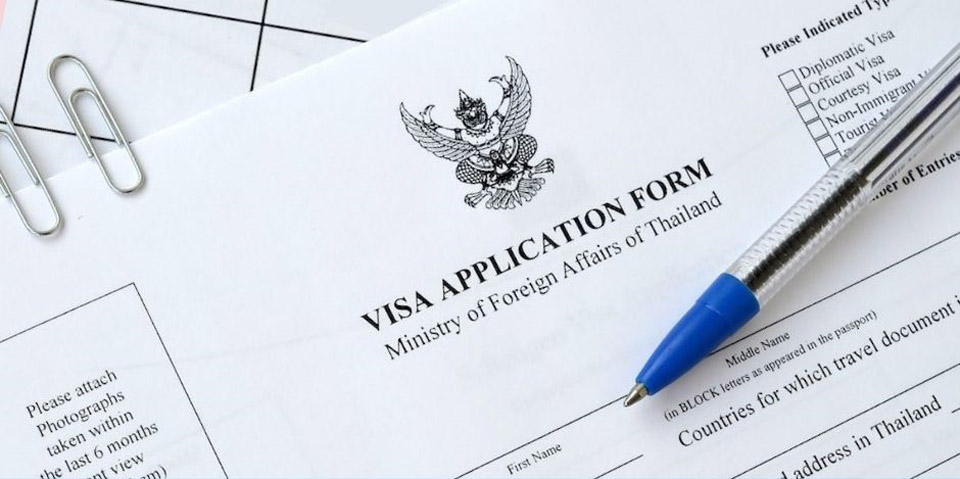The Thailand Long-Term Resident Visa was officially launched in 2022 as a flagship migration policy tool to attract high-net-worth individuals, foreign experts, digital nomads, and retirees seeking permanent or long-duration residence in the Kingdom. Structured under the supervision of the Thailand Board of Investment (BOI) and administered through the One Start One Stop Investment Center (OSOS), the LTR Visa reflects the Thai government’s post-pandemic strategy to bolster economic resilience through demographic diversification, capital inflow, and knowledge-based migration.
This article explores the LTR Visa’s legal foundation, visa subcategories, eligibility criteria, application procedure, regulatory oversight, and implications for Thai immigration law and policy.
I. Legal and Policy Framework
The LTR Visa operates under a Cabinet Resolution issued in 2022, based on authority from:
-
Immigration Act B.E. 2522 (1979)
-
Investment Promotion Act B.E. 2520 (1977)
-
Royal Decrees on BOI powers and foreign participation
While not amending the Immigration Act per se, the LTR Visa is an exceptional class of visa supported by ministerial and agency-level implementation mechanisms. The scheme is positioned within Thailand’s national strategy to attract 1 million affluent or skilled foreigners over a 5-year period, with an expected injection of over THB 1 trillion in economic value.
II. Regulatory Authorities
The key government bodies involved in LTR Visa implementation include:
-
Thailand Board of Investment (BOI) – Oversees endorsement and policy administration
-
Immigration Bureau – Issues and monitors visa compliance
-
Revenue Department – Verifies tax compliance and foreign income declarations
-
Digital Government Development Agency (DGA) – Manages the digital platform and e-submissions
-
Ministry of Labour – Registers work eligibility for employed LTR holders
Coordination among these bodies is operationalized through the One Stop Service Center (OSOS) located at Chamchuri Square, Bangkok.
III. LTR Visa Categories
The LTR Visa is divided into five applicant groups, each with tailored criteria and privileges:
1. Wealthy Global Citizens
-
Minimum assets: USD 1 million
-
Minimum annual income: USD 80,000
-
Must invest USD 500,000 in Thai government bonds, real estate, or direct investments
-
Health insurance coverage or financial proof of at least USD 100,000
2. Wealthy Pensioners
-
Age: 50 years and above
-
Minimum annual income: USD 80,000, or USD 40,000 with investment of USD 250,000 in Thai bonds or property
-
Must hold health insurance covering USD 50,000, or deposit equivalent funds
3. Work-From-Thailand Professionals (Remote Workers)
-
Employment by a foreign company operating for at least 3 years
-
Annual income: USD 80,000, or USD 40,000 with a Master’s degree or ownership of intellectual property
-
Minimum 5 years of work experience
-
Health insurance or financial reserves as above
4. Highly Skilled Professionals
-
Expertise in targeted industries (digital, energy, robotics, etc.)
-
Employment or service contract with a Thai or international firm in Thailand
-
Annual income: USD 80,000, or USD 40,000 if working in a Thai government agency, research institute, or tech startup
-
Minimum 5 years of professional experience
-
Health insurance or financial reserve of USD 100,000
5. Dependents
-
Spouse and children under age 20 of LTR visa holders
-
Dependents do not need to meet financial criteria
-
Children over 20 must apply under a different category
Up to four dependents may be included in each application.
IV. Rights and Privileges
LTR Visa holders are entitled to the following benefits:
-
10-year renewable visa (initially granted for 5 years, extendable)
-
Fast-track airport services
-
Exemption from 90-day reporting (replaced by annual reporting)
-
Permission to work in Thailand through a Digital Work Permit
-
Tax benefits, including a 17% flat personal income tax rate for eligible professionals
-
Ownership of vehicles and real estate (subject to Thai laws)
-
Ability to stay long-term without sponsorship from a Thai national or company
The visa is not a path to permanent residency or citizenship but provides long-term stability for residence and employment.
V. Application Process
Step 1: Online Submission
Applicants submit documentation via the BOI’s LTR e-Platform, including:
-
Passport copy
-
Proof of income and assets
-
Insurance policy documents
-
Employment or investment documentation
-
Background check or police clearance
-
Health certificate (in certain categories)
Step 2: Qualification Endorsement
BOI and partner agencies review the application for eligibility. Endorsement typically takes 20 working days.
Step 3: Visa Issuance
Upon approval, applicants may:
-
Apply at a Thai Embassy or Consulate abroad
-
Visit the One Stop Service Center in Thailand if already in-country
Fees: THB 50,000 per person, valid for 5 years and renewable once.
Step 4: Digital Work Permit (if applicable)
Issued through the Ministry of Labour in coordination with BOI. The work permit is digital and not subject to the usual company quota requirements.
VI. Taxation and Fiscal Compliance
LTR Visa holders working in Thailand are generally subject to:
-
Personal Income Tax (PIT): Progressive rate, unless flat 17% applies (for certain skilled professionals)
-
Foreign-sourced income: Tax-exempt if not remitted to Thailand within the same year
-
Must file annual tax returns and register with the Thai Revenue Department
Wealthy retirees and remote workers may avoid Thai taxation if income is not earned in Thailand and is remitted in a future tax year—though this requires careful structuring.
VII. Compliance, Revocation, and Exit
LTR status may be revoked if the holder:
-
No longer meets financial or employment criteria
-
Fails to maintain valid insurance
-
Commits a criminal offense or violates Thai immigration law
-
Submits fraudulent documents or misrepresents information
In such cases, visa status is revoked and the holder must exit the country or apply for a different visa category. Annual compliance reviews are conducted by BOI and the Immigration Bureau.
VIII. Policy Challenges and Considerations
Despite its advantages, the LTR Visa presents several challenges:
1. Limited Awareness and Uptake
-
The visa remains underutilized due to low global visibility and complex requirements.
2. Stringent Financial Thresholds
-
Many mid-level professionals and early retirees cannot meet income or investment conditions.
3. Ambiguity in Taxation Rules
-
Revenue Department guidance on foreign-sourced income is evolving and may create compliance uncertainty.
4. Coordination Delays
-
Inter-agency processing may delay endorsements or work permit issuance.
Nonetheless, the policy serves as an important case study in long-stay migration law, balancing economic development goals with regulatory safeguards.
Conclusion
The Thailand Long-Term Resident Visa is a well-structured immigration instrument aimed at attracting financially stable, skilled, and innovation-oriented individuals to the country. It represents a significant shift away from short-term visa policies and toward a merit-based residency framework, though it stops short of offering permanent immigration status.
Legal practitioners advising clients on LTR eligibility must pay close attention to source of income, documentation standards, insurance requirements, and the tax implications of long-term stay. Institutional actors—including multinational employers, academic institutions, and relocation firms—should consider incorporating the LTR Visa into their global mobility planning strategies when Thailand is a destination of interest.




